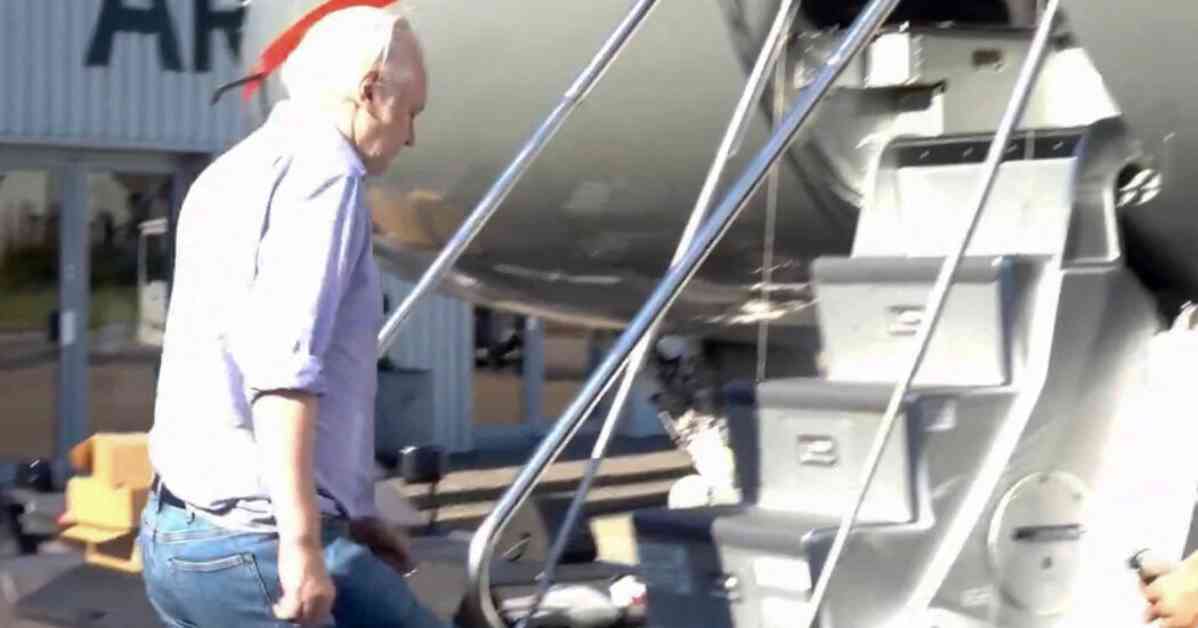Julian Assange, the founder of WikiLeaks, has agreed to plead guilty to a single felony count of illegally obtaining and disclosing national security material in exchange for his release from a British prison, thus ending his prolonged standoff with the United States. This decision brings closure to a battle that began when Assange gained both praise and criticism for exposing state secrets in the 2010s.
After much negotiation, Assange will appear before a federal judge in Saipan, the capital of the Northern Mariana Islands, a U.S. commonwealth in the Pacific Ocean. This remote location is closer to his native Australia, where he is a citizen, than the mainland U.S. or Hawaii. It is expected that he will receive a sentence of around five years, reflecting the time he has already served in a British prison.
Following the announcement of the agreement, WikiLeaks confirmed that Assange has left London and is set to appear in Saipan on Wednesday. Once the proceedings are concluded, he is anticipated to return to Australia. This development marks the end of a long legal battle for Assange, who vehemently fought against extradition to the U.S.
As the news of Assange’s plea deal spread, his wife, Stella Assange, shared a video showing him signing paperwork and boarding a plane. This move signifies a significant turning point in the case that has garnered international attention and controversy over the years.
The agreement between Assange and U.S. authorities is a significant development that could have far-reaching implications for the future of whistleblowers, press freedom, and national security. It raises questions about the balance between government transparency and the protection of classified information.
Overall, the resolution of this high-profile case highlights the complex nature of modern journalism, government surveillance, and the challenges faced by those who seek to expose wrongdoing while navigating legal and ethical boundaries. It also underscores the importance of upholding democratic values, freedom of speech, and the rule of law in an increasingly interconnected world.


















